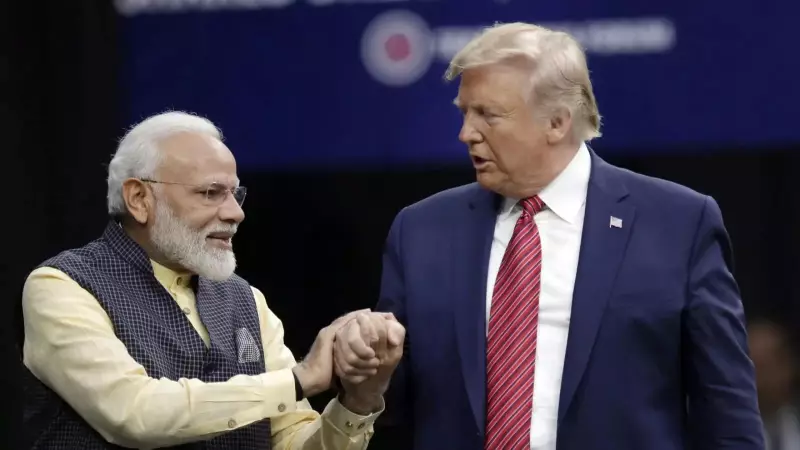
In a stunning revelation that sheds new light on US-India diplomatic relations, former President Donald Trump has disclosed how he leveraged trade threats during one of South Asia's most sensitive geopolitical moments.
The Tariff Threat That Shook Diplomacy
During a recent public appearance, Trump revealed that he threatened India with staggering 250% tariffs at the peak of military tensions between India and Pakistan. This bold move came as the two nuclear-armed neighbors stood on the brink of serious conflict, making the timing particularly significant.
Trump's Strategic Trade Maneuvering
The former president didn't mince words about his approach, stating clearly that he used the tariff threat as leverage during delicate negotiations. "We're going to have a deal with India," Trump declared, suggesting that his aggressive tactics were part of a broader strategy to secure favorable terms for the United States.
Timing Raises Eyebrows in Diplomatic Circles
What makes this revelation particularly noteworthy is the timing. By choosing to apply pressure during a period of heightened India-Pakistan tensions, Trump demonstrated a willingness to use geopolitical crises as opportunities to advance American trade interests.
The Promise of Future Agreement
Despite the tough talk and tariff threats, Trump expressed optimism about the future of US-India trade relations. His confident assertion that a deal is imminent suggests that both nations continue to see value in strengthening their economic partnership, even amid tough negotiations.
Implications for Ongoing Trade Talks
This revelation provides crucial context for understanding the dynamics of US-India trade discussions. It highlights the complex interplay between diplomacy, security concerns, and economic interests that characterizes one of the world's most important bilateral relationships.
The disclosure offers a rare glimpse into the high-stakes world of international trade negotiations, where economic leverage and geopolitical timing often converge in unexpected ways.






